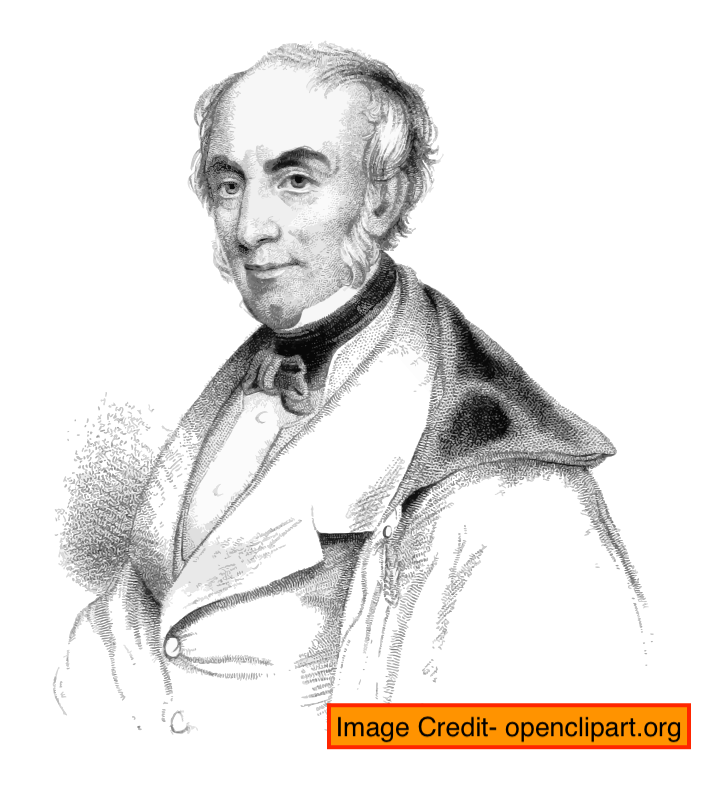
(Info4now)- Written very closely to Ode on Intimation of Immortality, Ode to Duty goes on bringing out Wordsworth’s best in the philosophy of human complexity which is absolutely connected to Nature and God. If Tintern Abbey is the touchstone of Wordsworth’s poetry, his compositions in the later half of his career marginally deviates from that theory. Teacher Wordsworth remains the same, but his philosophy moves. His association with divine thought consolidates more against his adoration of nature. If an Ode needs a better diction and brighter phrases than what Wordsworth is known for, he skips the ordinary thought and echoes the need for a resolution of The Leech Gatherer, in Ode to Duty.
Summary of Ode to Duty
Duty is considered as the voice of God. The guidance provided by the lawmakers keeps things in order. So the term ‘duty’ is enough for human beings to make any job easier for them. But here in Ode to Duty the poet speaks of a divine duty— an order set by God or an order the nature reflects. So people, unaware of such divine grace and carrying out their concerned tasks, should also become conscious of it. The co-existence of love and joy is the key to the happiness of life and such balance comes only when bound by duty.
The poet himself is no way different. He too was indifferent to it once and practiced freedom. But he comes back without any indifference. Still he is aware of the fact that it’s not an easy job on his part to carry out this task without any hesitation. He wishes Duty to be merciful enough. He keeps faith upon her, as the natural phenomena and its cycle remain as new and graceful as always.
Critical Analysis
The very title ‘Ode to Duty’ takes the reader to the importance of following duties. His invocation of Duty clearly separates one’s meditation on duty. He never takes it as a subject, rather considers it as a divine entity. The term ‘rod’ determines the sternness of Duty. Wordsworth is jealous of the people who are unconsciously akin to Duty’s lessons. People who know well about the complexity of free life and cautiously avoid this make no problem for the poet. But if they know nothing about the power of Duty and become very close to her grace, the poet becomes doubtful. The poet appeals to her to care for such people.
In the third paragraph, the poet continues to comment, even when he sings for Duty. A temptation always precedes enjoyment. It’s why he comes to explain love and joy, and finds it in collaboration with the order of Duty. In the next section of the Ode, the poet moves with a routine pattern, as he becomes subjective. He now seeks Duty’s humble blessings to confirm his transformation—from one for revolution to one for resolution. Wordsworth seems to defend his current stand. He has no intention to avoid complexity, and to embrace duty to have some relief. He invokes her for a deliberate resolution. It is the poet’s acceptance of Duty’s discipline— an order that makes man more free than the chosen freedom.
The poet gets back to his comfort zone— what he perceives in nature. It’s not ‘sad music of humanity’, not ‘watching over man’s mortality’, it’s the cosmic discipline. A discipline that once stopped the chaos. All the natural phenomena never change and never try to practice freedom. And still they are beautiful and lovely for the senses. The poet, finally, surrenders to the awful power of Duty. The expression ‘the spirit of self-sacrifice’ is the manifestation of a well-judged resignation to a divine demand of discipline.
Conclusion
Ode to Duty attains the necessary sublimity of an ode with its handling of both the subject matter and the style. Considering duty as something to be tasted before being tested by it, Wordsworth is all care for a complexity of mind. To become a very simple person one might choose to lead one’s life in the right path. But the poet is not convinced well with that simplicity or superstition. If reason leads him astray, it is again that very reason that lets him move to the grace of duty with all his conscience alive.
Unlike the irregularity in the formation of Ode on Intimation of Immortality, the poet is very disciplined in the composition of this poem. So he takes care of the pattern and style to synthesize it with the philosophy of the poem. The development of thought finds a beautiful staircase with well decorated stanzas. Rich in lofty ideas, sublime phrases and lyrical expressions Ode to Duty is enough to be called an ode, but less Romantic in nature.
(The article is from the complete personal view of Benazir Mandal who teaches English Language and Literature in an institution under the Govt. of West Bengal, India and thoroughly revised by the author.)